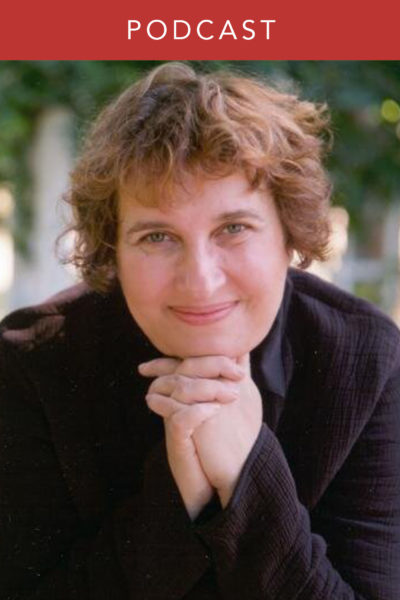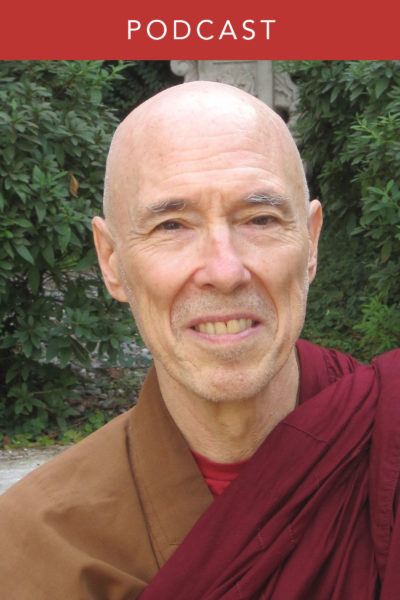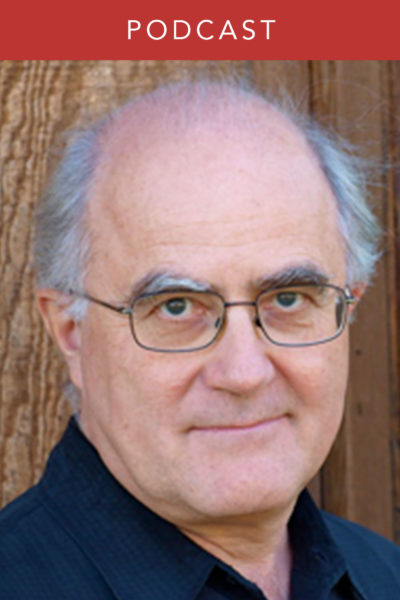Lesson 5a: Arising and Passing Away. The initial vipassana insight empirically realizes the three universal characteristics: impermanence, unsatisfactoriness and conditionality. Learn to recognize the “rolling-up-the-mat” stages of practice.
-
-
This lesson covers:
- How the initial vipassana insight empirically realizes the three universal characteristics: impermanence, unsatisfactoriness and conditionality. Learn to recognize the “rolling-up-the-mat” stages of practice.
- How at the “arising and passing away of phenomena” stage of practice, we delight in “spiritual goodies.” Learn to recognize the ten experiences of pseudo-nibbāna
- How to let go of ecstasy, bliss, and beyond, and how delighting in the “spiritual goodies” is an obstacle to further insight.
-
This lesson covers:
-
- 1. A present moment to be known: sense object, sense door, sense consciousness
- Learn to distinguish mindfulness as the activity of awareness from the mental factor mindfulness which functions to remember and manifests as observation.
- 2. Objects of awareness: material elements, feelings, mental states, attitudes of mind, cognitive processes, nibbāna.
- Learn to recognize your attitude of mind by making an emoji of a “selfie.”
- 3. Pre-vipassana knowledge of the #1-unique characteristic:
- In every moment something arises and is known phenomenologically.
- 4. …#2-conditioned and #3 vipassana insight into universal natures of phenomena.
- The conditioned nature of experience is revealed when noting intentions prior to movements of the body.
- The first empirical understanding of the three universal characteristics begins here. Eg. “Experience of dukkha is painful. Understanding dukkha is liberating.”
- 1. A present moment to be known: sense object, sense door, sense consciousness
-
-
Kamala Masters began practicing meditation in the mid-seventies, attending retreats in the Theravada tradition. In 1977 she met Anagarika Munindra, her first teacher, who taught her the value of being mindful in everyday life. In 1985, she began to practice vipassana and metta meditations intensively with Sayadaw U Pandita, with whom she temporarily ordained as a Buddhist nun in 2001 and 2003. In 2005, she began practicing cittanupassana, contemplation of mind, with Sayadaw U Tejaniya. She integrates this teaching with what she has learned from her other respected teachers.
Since the early nineties, Kamala has been teaching in the United States and abroad, and is a guiding teacher and member of the board of directors at the Insight Meditation Society. In 1995 she co-founded Vipassana Metta Foundation with Steve Armstrong, developing the Maui Dhamma Sanctuary for self-reliant students to practice. She served as an editor on the Vipassana Metta Foundation Translation Committee for Mahasi Sayadaw’s Manual of Insight, published by Wisdom Publications in 2016.
Kamala strives for extended periods of self-retreat each year. She is grateful for the opportunity to serve and to grow in the Dhamma.
Steven Armstrong has studied the Dhamma and practiced insight meditation since 1975. He served for many years at the Insight Meditation Society in Massachusetts as executive director, board member, and senior teacher of the annual three month retreat. As a monk in Burma for five years, under the guidance of Sayadaw U Pandita, he undertook intensive, silent practice of insight and lovingkindness meditations, and in Australia, he studied the Buddhist psychology (abhidhamma) with Sayadaw U Zagara. He continues his practice under the guidance of Sayadaw U Tejaniya at the Shwe Oo Min Meditation Center in Rangoon. Steve, along with Kamala Masters, is a co-founding teacher of the Vipassana Metta Foundation’s Dharma sanctuary on Maui. He has been leading meditation retreats internationally since 1990, presenting the core teachings of the Buddha and offering a variety of Buddhist mindfulness practices, encouraging cultivation of insightful awareness, and liberating understanding in all life activities. He encourages spiritual development of an unshakeable sense of well-being. On Maui he plants trees for a Dhamma sanctuary and directs the Burma Schools Project building schools and clinics in Burma and supporting monastics and nuns.




